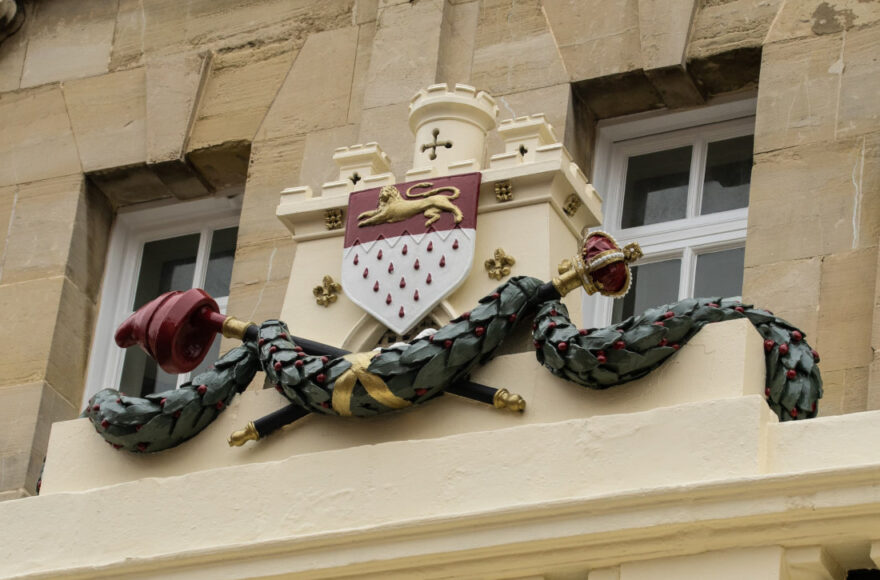Before buying a leasehold property it is important to understand there are fundamental differences between leasehold and freehold property ownership. Buying a leasehold property does give you the right to own the property – but only for the length of your lease.
Many leases have long lives, up to 999 years in some cases, although where there is a leasehold interest there will also be a freehold interest held by the individual or corporate freehold owner. The relationship between a freeholder and a leaseholder is ongoing – any leaseholder who ignores the obligations placed on them by their lease does so at their peril, risking disaster for themselves and potentially a huge windfall for their freeholder.
A certain Charles McCadden of London recently discovered just this. He purchased a leasehold flat, one of two apartments in a converted house. Significantly, he did not have a mortgage. The other flat was occupied by the freeholder. Charles undertook some substantial refurbishment work in his flat without seeking the freeholder’s consent that was required by his lease. He also failed to pay the maintenance charges due under his lease.
Believing his leaseholder to be in breach of his lease, the freeholder sought a breach declaration from the First Tier Tribunal (Property) then, armed with this declaration, the freeholder applied to the county court to ‘forfeit’ the lease. This type of court ruling can be served on a mortgage lender who, well aware of the risks, would be likely to take steps to ensure the leaseholder acted to obtain ‘relief’ from this forfeiture by putting things right in the property and making any outstanding payments. However, in the absence of a lender and for reasons known only to himself, Charles did not act to obtain relief from the forfeiture – so the freeholder was able to acquire the flat, gaining what amounted to a £600,000 windfall.
[cta]
The moral of this story? Always take the obligations of a lease seriously and never ignore relevant correspondence. If you do not live in the premises – if, for example, you have bought to let – make sure the freeholder and any agents managing the property know how to contact you. And if you are receiving demands for outstanding payments or are being threatened, take legal advice promptly.
If you would like to know more about landlord and tenant law or need advice and support concerning an issue that is affecting you, contact the George Ide team on 01243 786668 or email us at: info@georgeide.co.uk.
Partner- Dispute Resolution
Contact Our Friendly Legal Experts Today
For general enquiries or to discuss more specific needs in personal or commercial law please get in touch with a friendly member of our team today.
Latest News

All You Need to Know About Contentious Probate

Myth busting Mediation - What is it, and how can it help?

Your Quick Guide to End of Year Tax Planning

Court Claims & the Limitation Period

How the Court of Protection Works and the Role of a Deputy








